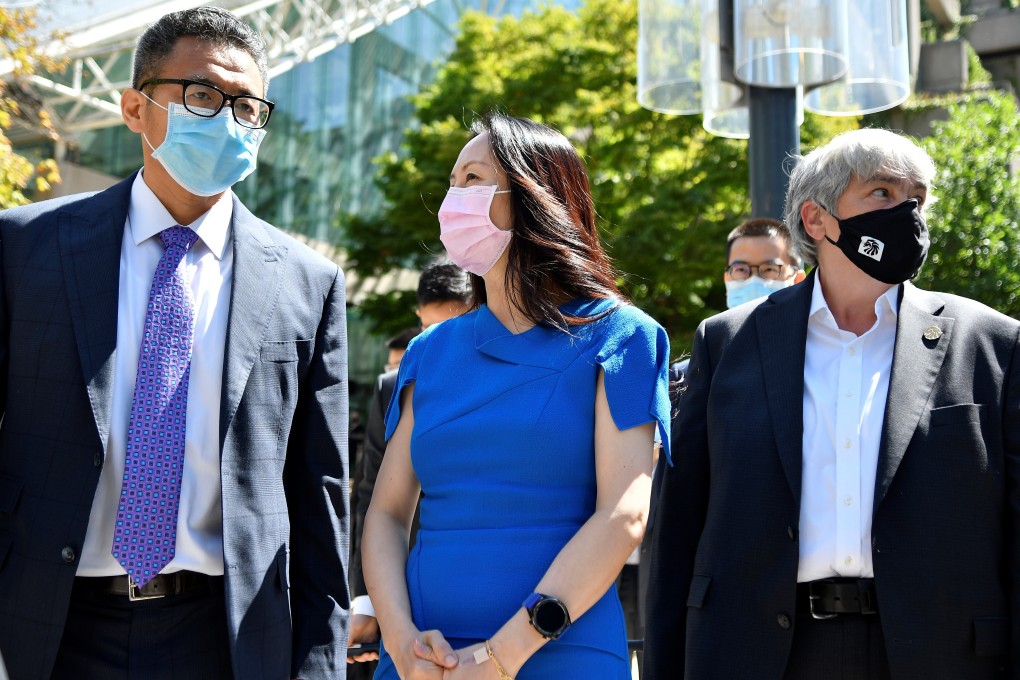US improperly provided evidence to judge in Meng Wanzhou’s Canadian extradition case, lawyer claims
- The original US record of the fraud case against Meng was ‘manifestly unreliable’, but an updated version sought to sidestep scrutiny, Frank Addario says
- The Huawei executive says her rights were abused by American prosecutors, but a Canadian government lawyer representing the US says they acted ‘honourably’

United States authorities were improperly trying to put evidence before the judge in Meng Wanzhou’s extradition hearing, a lawyer for the Huawei Technologies executive told the long-running proceedings in Vancouver on Friday.
Meng, who is Huawei’s chief financial officer and daughter of company founder Ren Zhengfei, is accused by the US of defrauding HSBC by lying to the bank about Huawei’s business activities in Iran, conducted via an affiliate called Skycom, thus putting the bank at risk of breaching American sanctions on Tehran.
Meng denies defrauding HSBC.
Central to the case is a PowerPoint presentation Meng made to a HSBC banker in a Hong Kong teahouse in 2013.
Meng’s lawyer, Frank Addario, took issue on Friday with an amended version of the record of the case [ROC], a summary of the US prosecution’s position put before the extradition hearings in the Supreme Court of British Columbia.
Addario had earlier said the original ROC was intended to deceive the Canadian court. It was “manifestly unreliable” because it omitted part of the PowerPoint presentation that said Huawei had a “controllable” business relationship with Skycom in Iran, undermining claims that Meng lied about the companies’ connection.